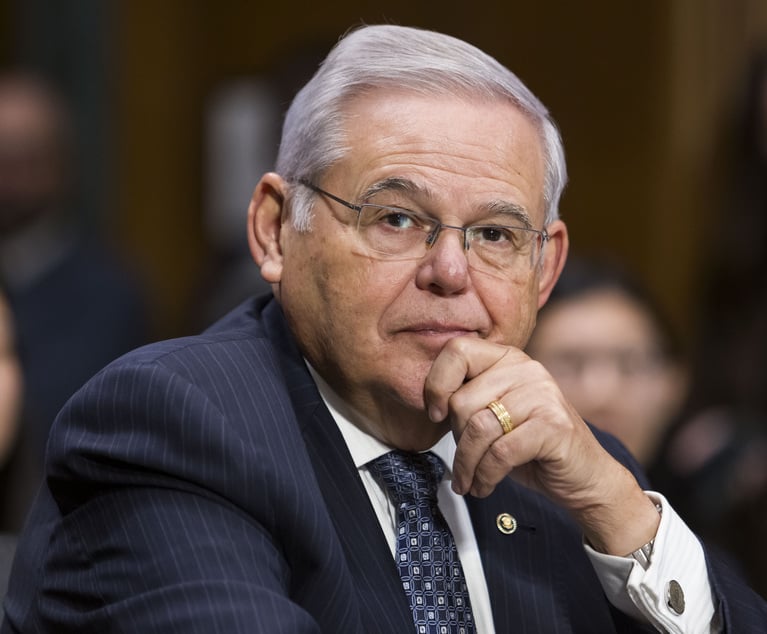Congressman Chris Collins was arrested on Aug. 8, 2018, on charges that he engaged in insider trading. The 58-page indictment returned by the grand jury in the United States District Court for the Southern District of New York charged in unusual detail that an Australian biotechnology company, of which Collins was a board member, had learned that a drug which it was hoping to produce for the treatment of multiple sclerosis had totally failed its trial testing. Upon learning that, Collins allegedly contacted his son as well as others to tell them that the drug in question had failed its trial. That information resulted in the immediate sale of the stock of the company, prior to the public announcement of the drug’s trial failure. That is alleged to have resulted in the tipees avoiding more than $768,000 in losses. Rep. Collins has been quoted as denying guilt and expressing the expectation that he will be acquitted. We know nothing about the facts of this case other than those set forth in the indictment, and would not and do not intend to express any view of guilt or innocence.
However, this case, as so many others of recent vintage, is based on a number of legal theories including securities fraud in violation of Title 15, United States Code, Sections 78(j)(b) and 78(ff). Also alleged in the indictment is that the securities fraud violated Title 17, Code of Federal Regulations, Sections 240.10b-5. We note that nowhere in the indictment is there a reference to a specific federal statue defining insider trading. That is because no such statute exists, although many legal commentators and scholars have long expressed the view that prosecutions for insider trading would be facilitated if there were a specific statute setting forth the elements of the offense. It has been said that those who prosecute these cases prefer the fact that there is no statutory definition of insider trading, inasmuch as the absence of a statutory definition allows in some respects greater liberality in a trial of such cases than would otherwise be the case if there were a specific statutory definition of the offense.


 Credit: TZIDO SUN/Shutterstock.com
Credit: TZIDO SUN/Shutterstock.com




